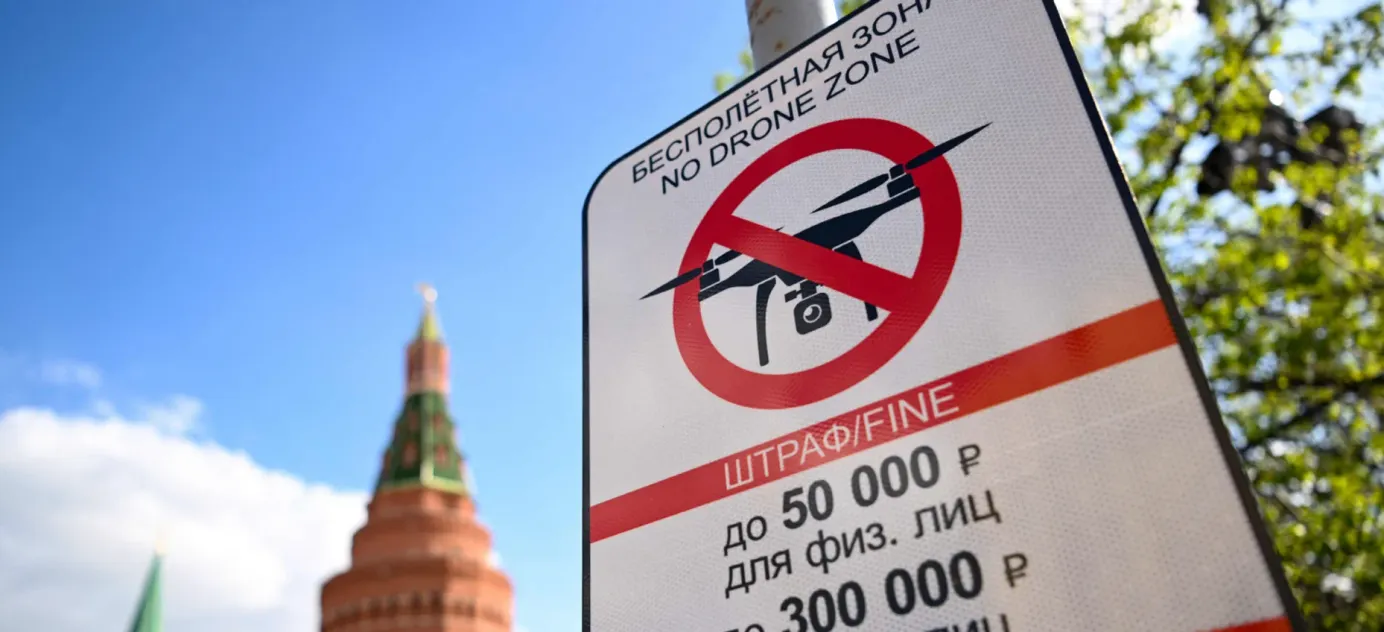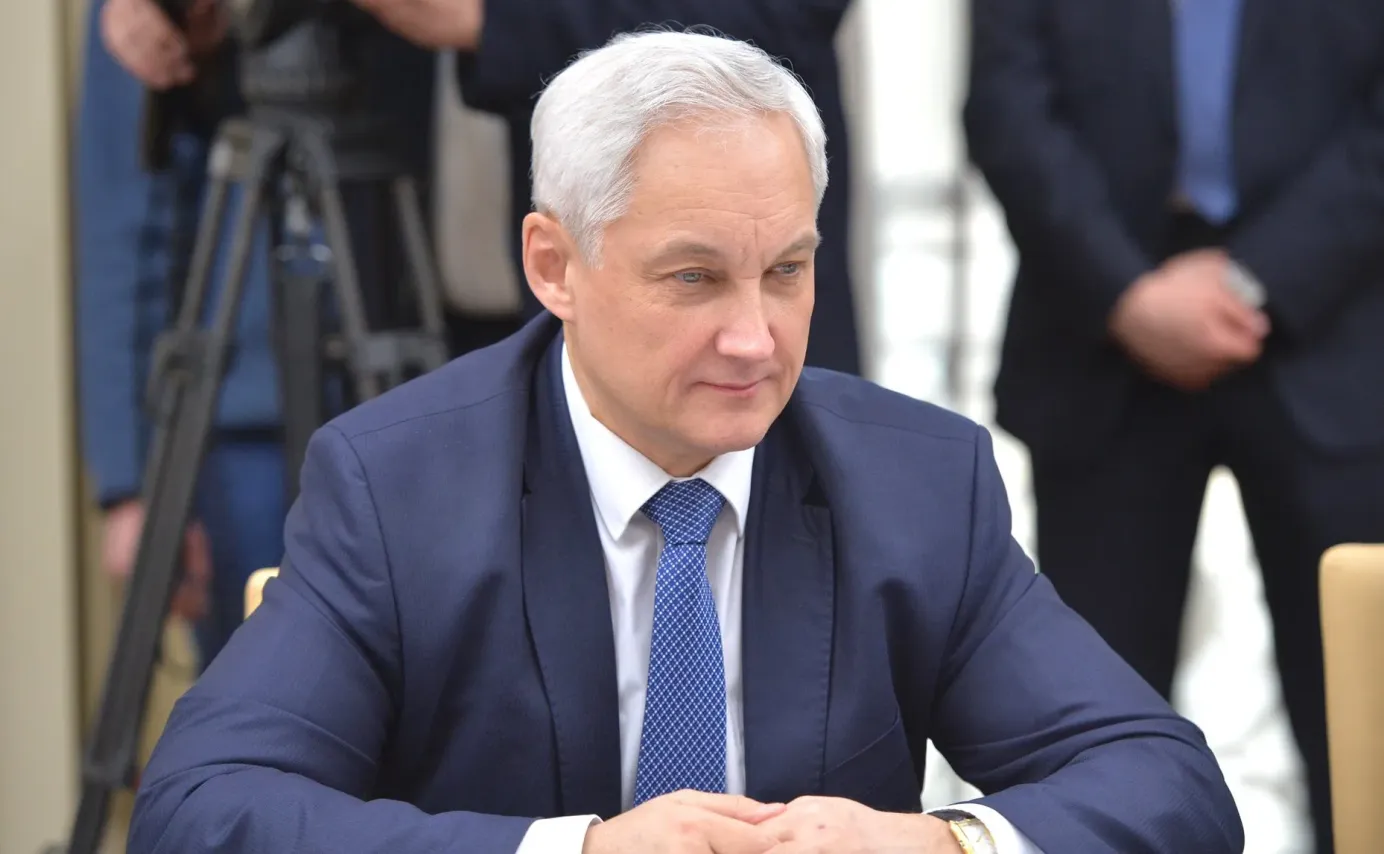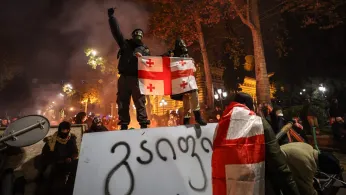
Pro-Ukraine Russian nationalists are becoming a problem for the Kremlin
Last week’s top story was an attack on the Belgorod region by anti-Kremlin Russian fighters backed by Ukraine. Russia’s Armed Forces spent a day-and-a-half repelling the raids in what was the most serious incursion into Russian territory since the war began. Unlike similar raids, this one could not be ignored — and it’s clear that Russian nationalist paramilitary groups were behind the attacks.
- In the early morning of May 22, fighters from the “Russian Volunteer Corps” and “Freedom of Russia Legion” advanced into Russian territory. These paramilitary groups were founded by Russian nationalists and are made up of Russian citizens fighting on the side of Ukraine. The number of fighters involved in the attack is unknown, but it seems there were at least a hundred. They were well-equipped and received Ukrainian artillery support.
- Western media (1, 2, 3) have reported on who serves in these two groups. In a nutshell, these are Russian far-right nationalists fighting for Ukraine. There is little doubt that they are not independent, but receive arms, operational support and training from the Ukrainian military. Ukrainian officials deny this, however.
- The attackers spent a day-and-a-half on Russian territory. The Russian authorities did not announce an end to their “counterterrorist operation” until Tuesday evening. According to Novaya Gazeta Europe, more than 4,000 soldiers and 60 pieces of military equipment were deployed. Russia’s Defense Ministry claimed that “70 Ukrainian terrorists were killed,” while the anti-Kremlin fighters themselves claim they lost just two people. Meanwhile, Russia lost two soldiers and one civilian was killed.
- Russian soldiers repelling the attack were led by Colonel General Alexander Lapin, the former chief of the Central Military District who found himself in the thick of the first big PR squabble between Yevgeny Prigozhin, Ramzan Kadyrov and the Defense Ministry back in the fall. That spat ended with Lapin’s resignation, but in early 2023 he was appointed to head the headquarters of Russia’s ground forces. Now, Lapin has returned to public view – immediately after the announcement of a successful “counterterrorist operation,” an unusually high-quality video appeared on Telegram in which Lapin yells “For the Motherland!” as he led troops in the Belgorod region.
- Apart from Lapin’s performance, Russia once again lost the information war. For eight hours, the authorities failed to recognize the nationalists’ incursion and continued to release conflicting information. As a result, the success of the raids was exaggerated — Russian media reported that the paramilitaries made it as far as the small town of Graivoron. In reality, they only entered two small border villages.
- However, the official reaction was more restrained than after a raid that took place in March. Back then, President Vladimir Putin commented on the incident the same day, saying that neo-Nazi terrorists had deliberately fired on civilians. Yet this time he made no mention of the attack. The Kremlin’s initial response was limited to Putin’s spokesperson Dmitry Peskov saying that Putin would discuss the issue at Friday’s meeting of the Security Council. As usual, that meeting was held entirely behind closed doors and the top item on the agenda was “measures of social guarantees for participants in the special military operation.”
- However, Russian propaganda could not keep quiet. The news round-up on Vesti Nedeli – the flagship news program of the Rossiya TV channel — made the attack on Belgorod its top story. TV presenter and propagandist Dmitry Kiselev called the raid “a brazen provocation by Ukrainian Nazis” and the reporting was dominated by the suffering of civilians. This resembled a similar report about the March incursion, but there was one big difference: back then, Kiselev did not mention the raiders were Russian nationalists — this time he did. The names Russian Volunteer Corps or Freedom of Russia Legion were not spoken, but the TV presenter did say that “there is no doubt the secret services of Ukraine and the West were preparing an allegedly independent incident involving saboteurs of Russian origin.” He also mentioned the raiders were “multinational” and included two “defectors” from Russia. However, official Ukrainian statements that these were “underground detachments of Russian partisans” were dismissed as lies.
Why the world should care
From a military perspective, the incursion into Russian territory poses no serious threat. Their goal appears to divert Russian forces away from the frontline in Ukraine and into border regions. From a domestic PR point of view, however, these raids are becoming a big problem. It’s no coincidence that Putin — who is always careful that his name is distanced from any bad news — has ceased to comment on them.



